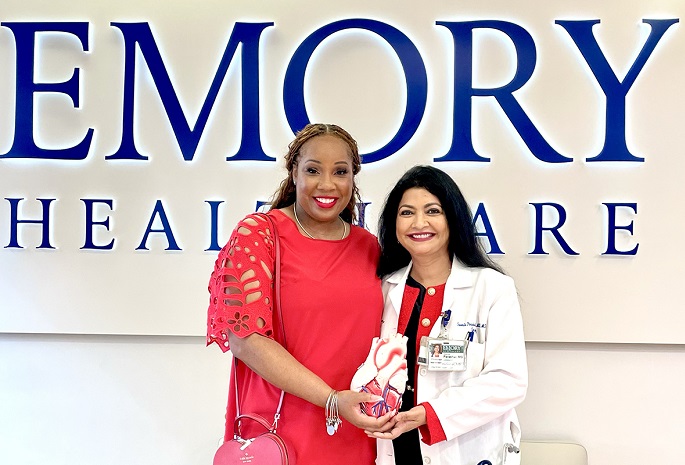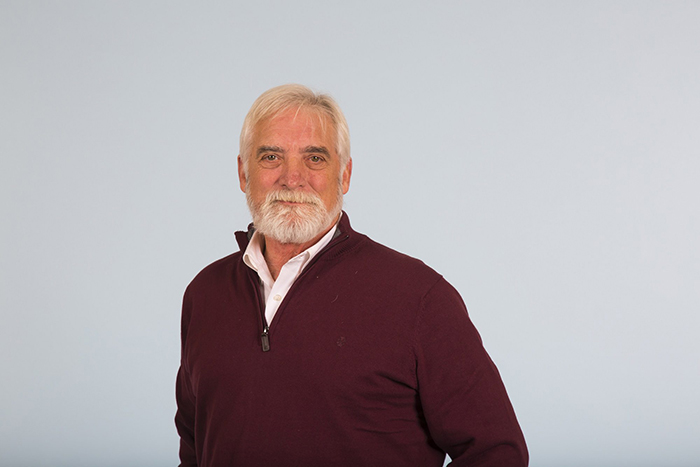Learning that you have a heart or vascular condition can create more questions than answers.
What treatment is available?
Is there more than one option?
What will happen if I forgo treatment?
Deciding how to proceed can be stressful, and many patients feel tempted to go with whatever their doctor recommends. But at times like this, it’s essential to step back, take a deep breath and get a second opinion.
Receiving a second opinion as part of your heart care is critical because the medical world is becoming increasingly complex. A heart second opinion can help you understand your options before you make a momentous decision about your health and future. It can reveal new treatment possibilities. Or, if the second opinion is the same as the first, it can help you feel more confident about your diagnosis and treatment plan.
Deciding whether to seek a second opinion can be emotional for some people. They worry they will hurt their doctor’s feelings or experience information overload. The fact is that second opinions are common in heart and vascular care. Doctors themselves seek a second opinion when they face a complex diagnosis. They know a second opinion can make the difference between life and death – especially when your heart is involved.




